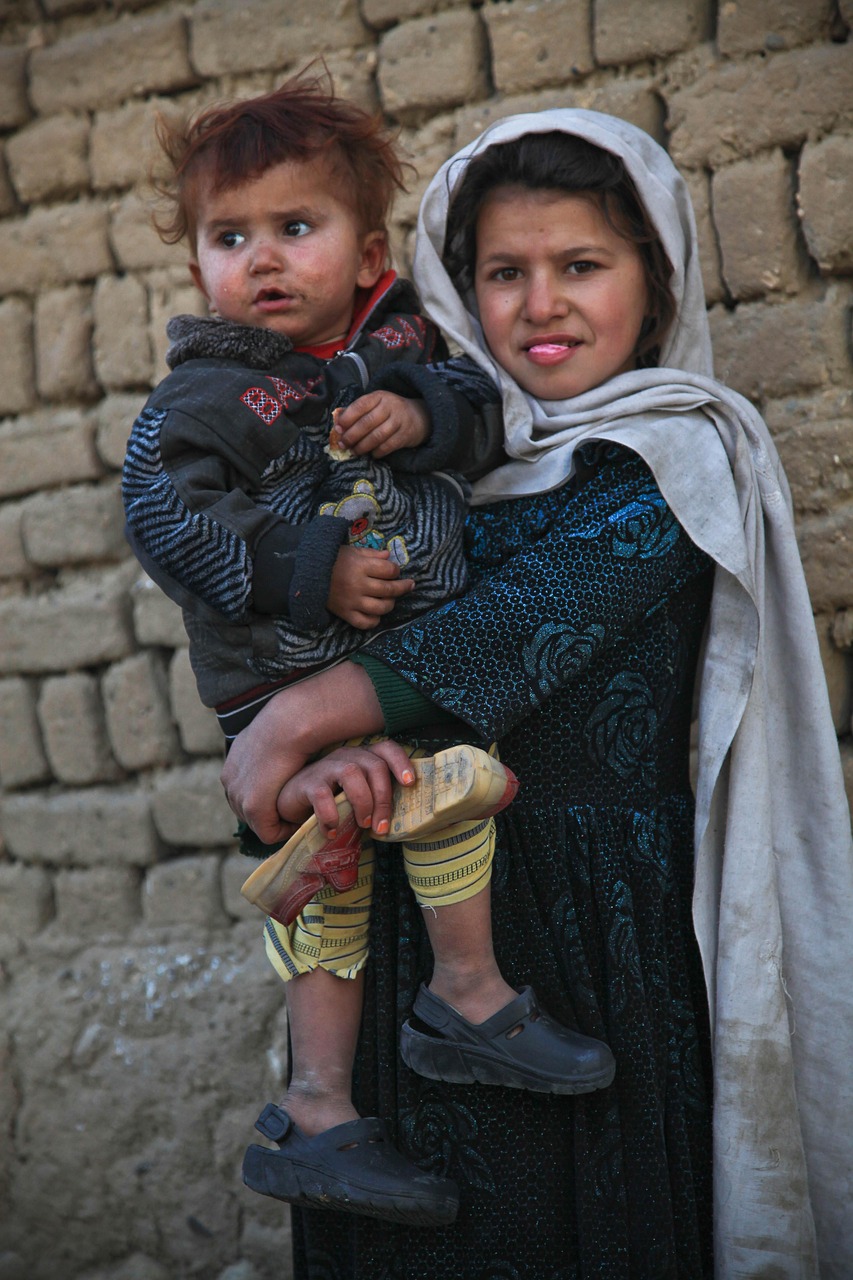The United Nations has released a report detailing serious human rights violations committed by the Taliban against Afghan refugees who have returned involuntarily to Afghanistan. The findings, published on October 5, 2023, highlight a disturbing trend of abuse against vulnerable groups, including women, former government workers, and media professionals.
The report was compiled by the UN Assistance Mission in Afghanistan (UNAMA) and the UN Human Rights Office. It is based on interviews with 49 Afghan nationals who were forcibly returned to their homeland. These individuals reported experiencing a range of human rights abuses, including torture, arbitrary arrests, and threats to their safety. The UN condemned these actions and urged the Taliban to adhere to Afghanistan’s obligations under international law.
Women and girls, in particular, face heightened risks, as do former officials and members of the security forces. Many interviewees described harrowing experiences upon their return. For instance, a former government official reported needing to go into hiding to escape potential reprisals, despite the Taliban’s claims of amnesty for those who opposed them. Another individual, a female TV reporter, shared that she now struggles to find employment and faces restrictions on her movement.
The UN has called on Afghan authorities to respect international human rights laws, ensuring the safety and rights of returning nationals. It also urged member states to conduct thorough assessments before returning individuals to Afghanistan, particularly when there is a risk of human rights violations. Furthermore, the UN recommended increasing financial support for Afghanistan to aid in the reintegration of returnees and to provide safe exit routes for those facing threats.
According to the UN, the return of Afghan refugees from neighboring countries contravenes the principles outlined in the 1951 UN Refugee Convention, which prohibits returning individuals to places where they may face torture or inhumane treatment. The organization has previously criticized countries like Germany for deporting Afghan nationals amidst unsafe conditions.
The interviewees reported that since their return, they have faced beatings, detention, and threats of arrest, severely impacting their ability to work and reintegrate into society. The UN’s report underscores the deteriorating human rights situation in Afghanistan, particularly since the Taliban regained control in 2021. Since then, there have been widespread reports of restrictions on women’s rights, including limitations on education and public participation.
In July 2025, the International Criminal Court (ICC) issued arrest warrants for Taliban leaders for their alleged role in the persecution of women and girls. The urgent need for a robust international response is evident, as the country continues to grapple with increasing numbers of migrants fleeing dire socio-economic conditions characterized by poverty and hunger.
The UN’s findings paint a grim picture for those returning to Afghanistan, emphasizing the need for the international community to act decisively in protecting human rights and supporting those who have already faced significant hardships.





































































